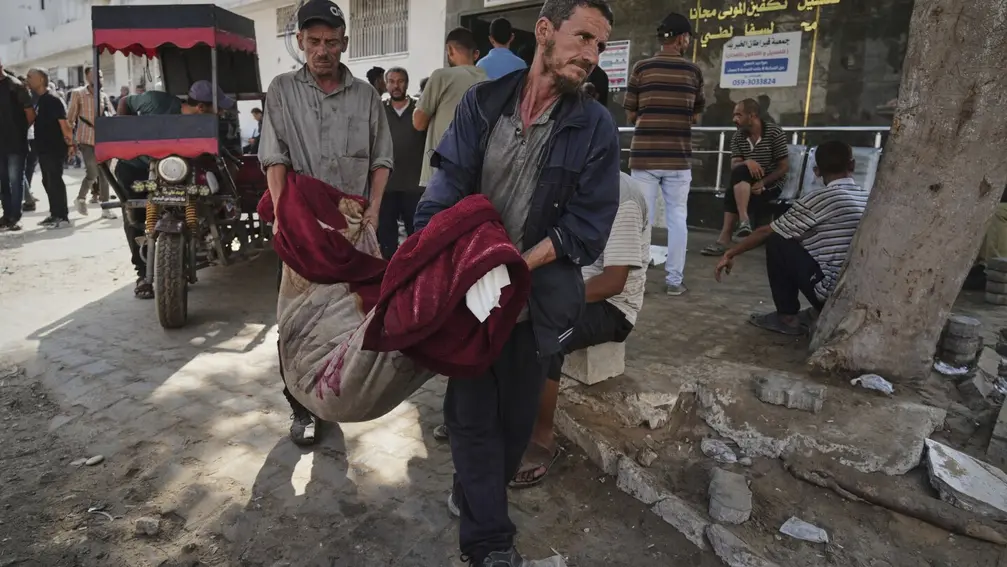T4K3.news
Bedouin women in hunger strike over activist's body
Nearly twenty women protest in Umm al-Khair seeking the return of Awdah Al Hathaleen's remains.
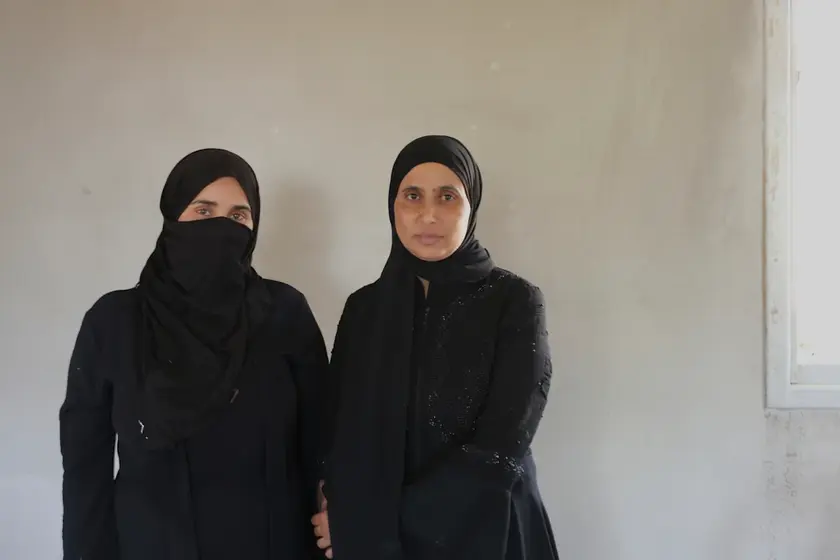
Bedouin women in Umm al-Khair protest for the return of their community leader's body following his death.
Hunger strike highlights demands for justice in Umm al-Khair
Nearly twenty Bedouin women in Umm al-Khair are on a hunger strike to demand the return of Awdah Al Hathaleen's body after he was shot by a settler. Al Hathaleen, a community leader and activist, was killed last week during a confrontation with Israeli settlers. The women insist they will continue their protest until his body is released for burial in their village, rejecting Israeli conditions that would limit attendance at the funeral. This hunger strike is a notable public protest, reflecting deep-seated anger over the ongoing violence and perceived injustices faced by their community.
Key Takeaways
"We want him to be buried here in Umm al-Khair and have a respectable funeral without any conditions."
Khadra Hathaleen expresses the family's desire for a proper burial for her son Awdah.
"They come at 2 o’clock or 3 o’clock in the morning."
Sara Hathaleen describes the fear and anxiety felt by villagers due to settler attacks.
"We’re striking because the world needs to wake up."
Myassar Hathaleen emphasizes the need for global awareness of their plight.
"Awdah was killed here because he was resistant, in his own way."
Hanady Al Hathaleen explains the significance of her husband's death.
The hunger strike reflects not only the grief of a community mourning a leader but also the escalating tensions in the region. For these women, it symbolizes a demand for recognition and respect in the face of systemic oppression. Their actions highlight the broader struggle for justice within the Palestinian context, revealing how violence and displacement continue to shape lives, leaving many feeling vulnerable and unheard. As more reports spotlight settler violence and state responses, the women's protest serves as a poignant reminder of enduring human dignity amidst adversity.
Highlights
- 'What did we do to deserve this treatment?'
- 'We just want to live in justice and silence.'
- 'He must be buried here. The land of Umm al-Khair drinks from his blood.'
- 'We want to have a voice and to take part.'
Political tensions heighten amid hunger strike
The protest raises significant political and social concerns, reflecting ongoing tensions in the region. The demand for returning the body highlights clashes between community customs and Israeli regulations, provoking risks of public unrest.
The outcome of this protest could resonate widely, revealing the mounting struggles facing communities like Umm al-Khair.
Enjoyed this? Let your friends know!
Related News
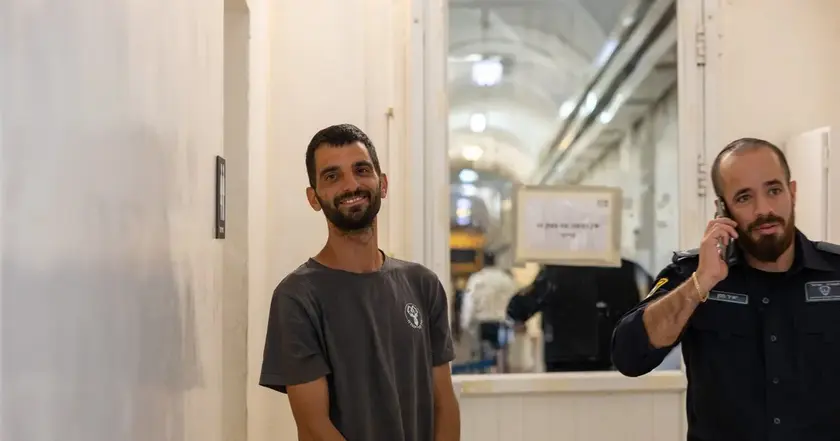
Settler Released After Killing Palestinian
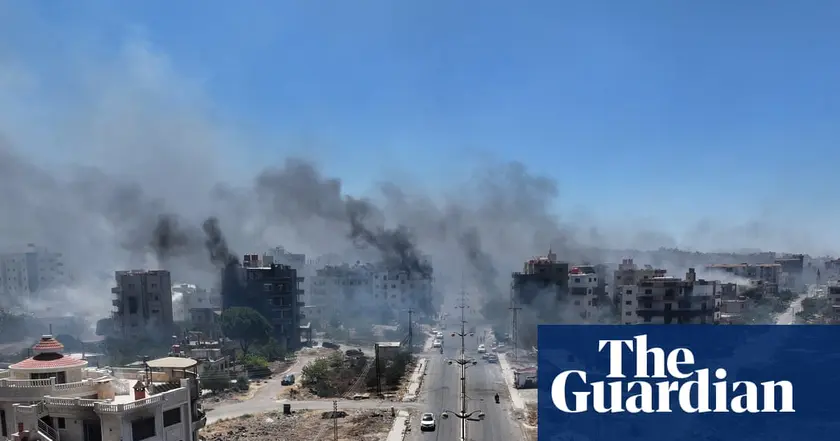
Syria declares ceasefire in Sweida after deadly clashes
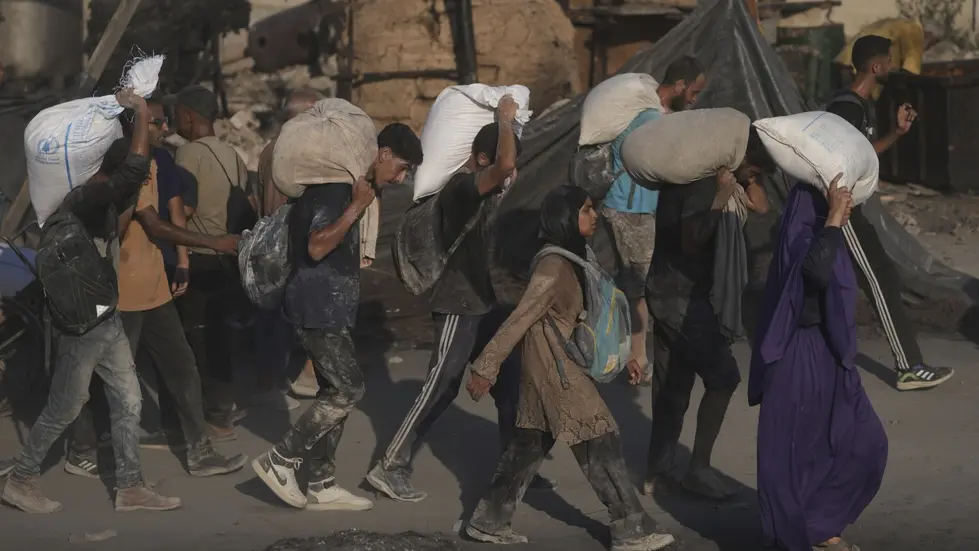
Israel to start aid airdrops in Gaza amid mounting hunger
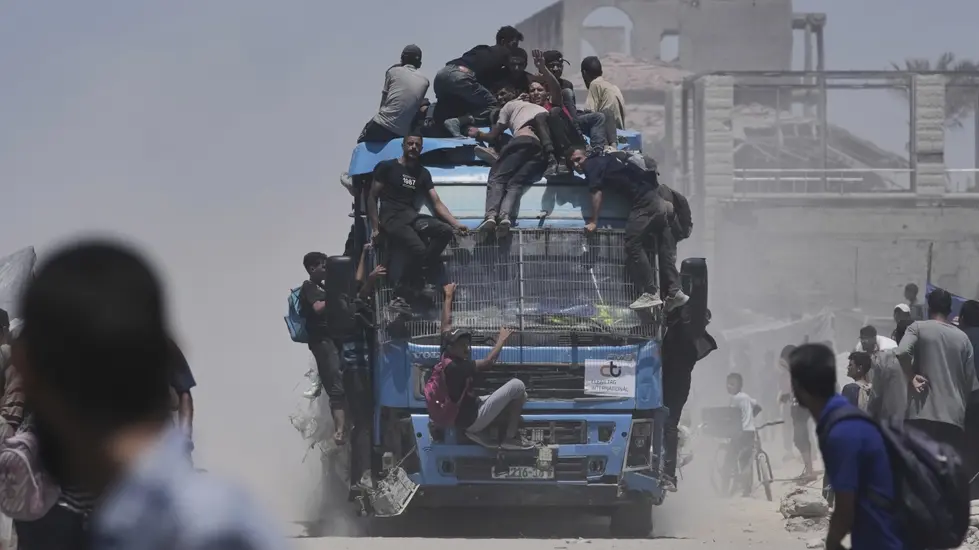
Over 1,000 Palestinians killed while seeking food in Gaza
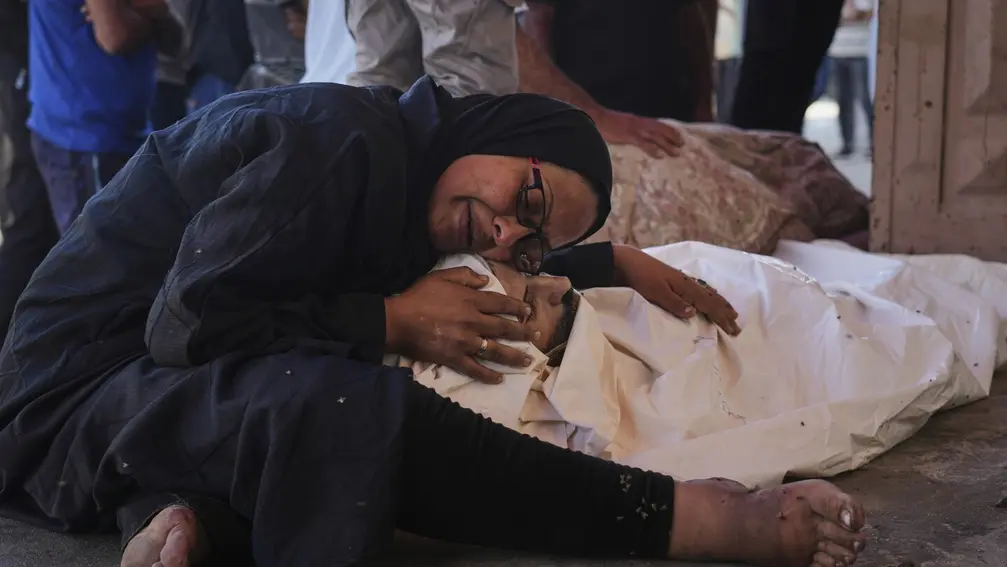
Gaza journalists face starvation as conflict continues
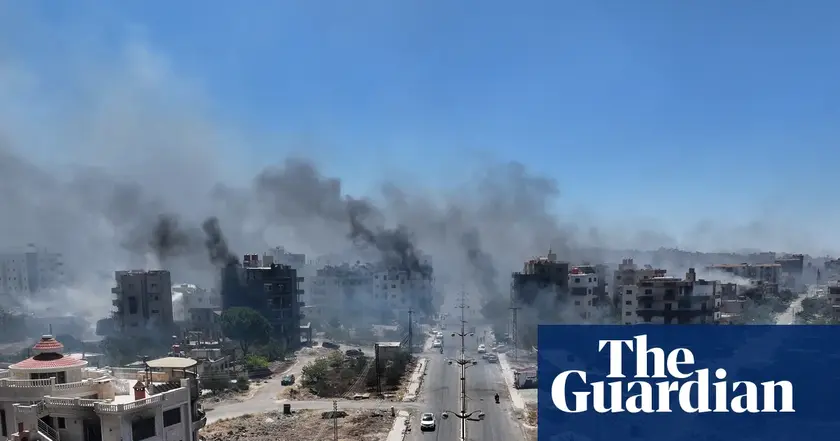
Syria declares ceasefire in Sweida region
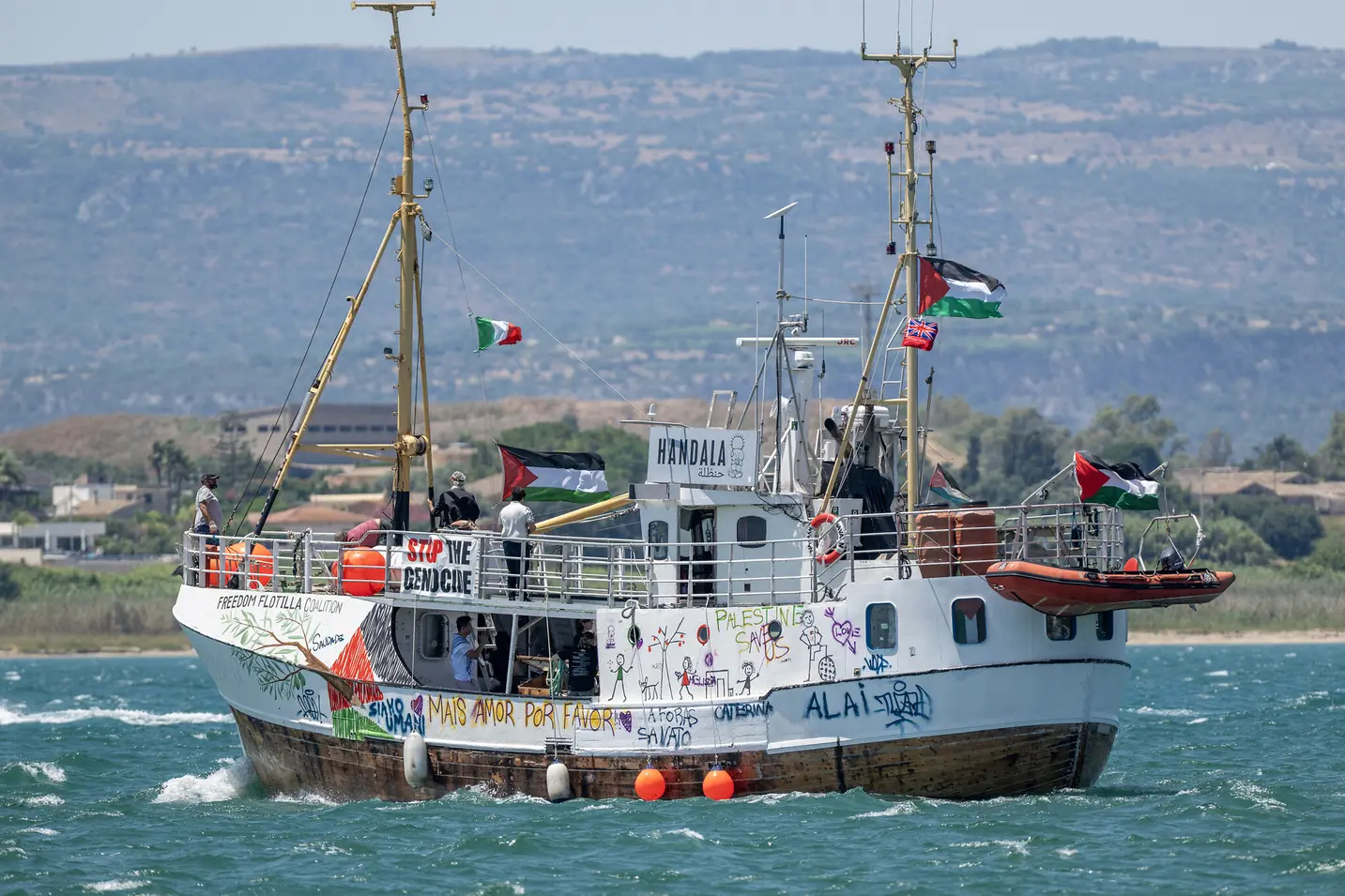
IDF set to intercept Handala aid vessel approaching Gaza

IDF takes control of Handala boat attempting to reach Gaza
